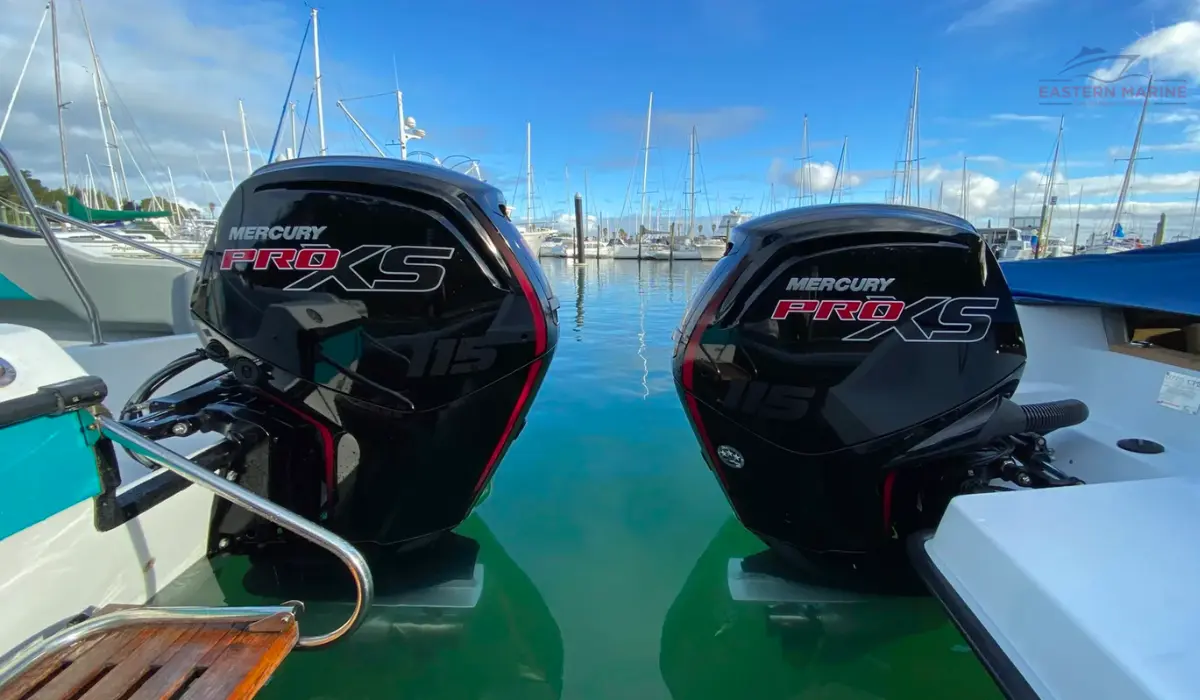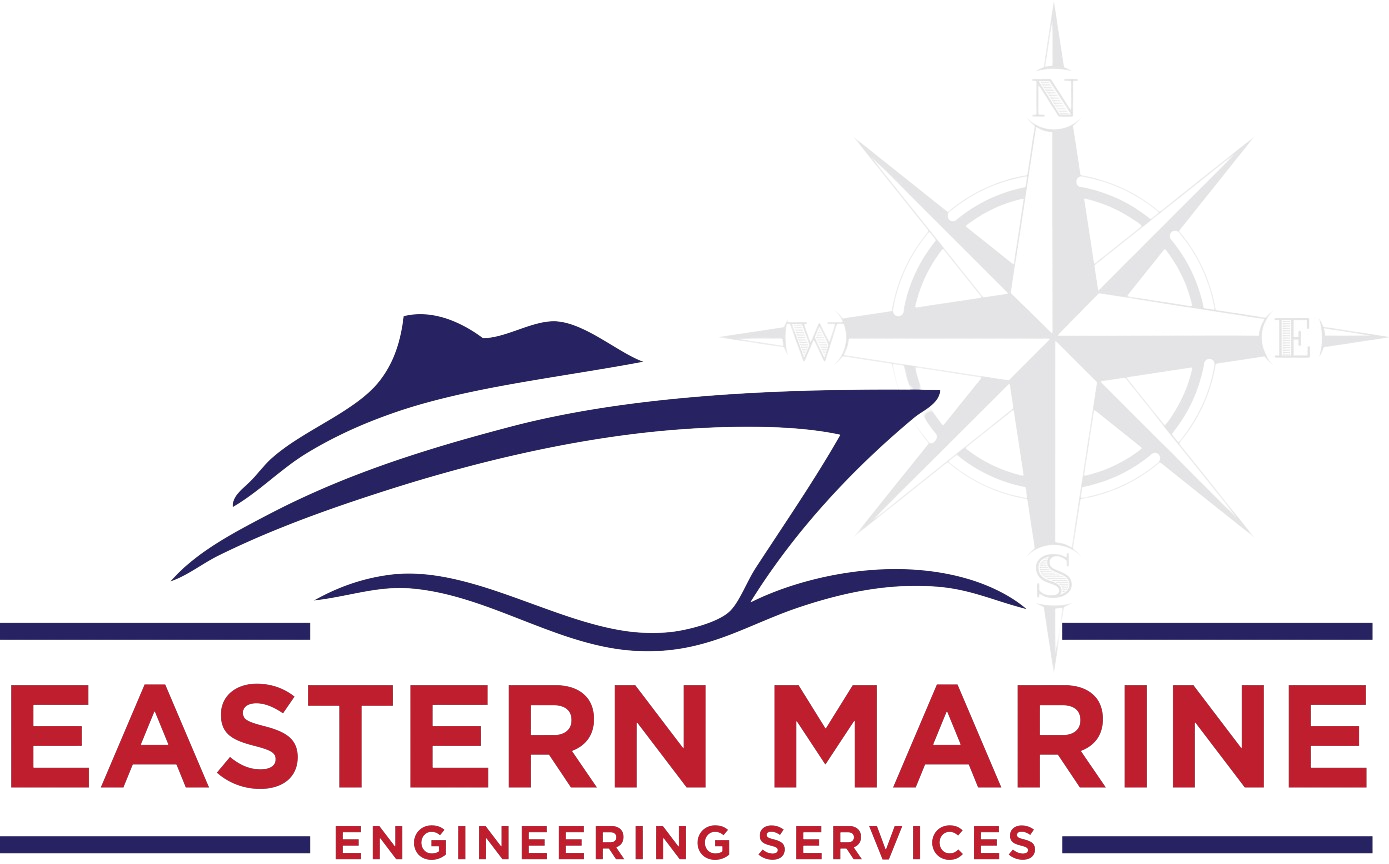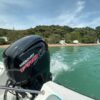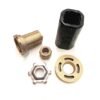- Empty cart.
- Continue Shopping
A Beginner’s Guide to Choosing the Right Marine Parts in Auckland

Owning a boat can be very rewarding, especially if you enjoy fishing, cruising, or relaxing on the water. Like any vehicle, boats need regular care and the right parts to run properly and stay safe. Using the right marine parts helps prevent breakdowns, keeps you safer, and can save you money over time.
In Auckland, boating is a common hobby thanks to the nearby ocean, calm waters, and beautiful scenery. Many people enjoy taking trips around the coast or heading out for fishing on the weekends. However, the coastal environment brings challenges such as saltwater, moisture, and strong sunlight, which can damage boat parts over time.
This is why choosing parts for marine use is important if you want your boat to last. Picking the right items ensures they can handle Auckland’s conditions and won’t fail unexpectedly. This guide will help you understand marine parts, know when they need replacing, and make good choices for your boat.
What are Marine Parts?
Marine parts are specifically designed for water-based vessels operating in challenging marine environments. Constant exposure to moisture, salt, and varying temperatures demands specialised construction and materials. Purpose and function focus on ensuring smooth operation, safety, and vessel longevity.
High resistance to corrosion and wear is a key feature of marine parts. Precision engineering and strict standards are applied during manufacturing to handle the demands of open water. Reliable marine parts contribute significantly to the performance and durability of any maritime craft.
Common Types of Marine Parts
There are many types of marine parts, each with a specific role in helping your boat function correctly. Here are some of the most essential ones:
Engines and Outboard Motors
These are the heart of your boat, providing the power needed to move through the water. Depending on your boat type, they can run on either petrol or diesel. Regular servicing and part replacements, like spark plugs and fuel filters, help keep the engine running smoothly.
Propellers
Propellers convert engine power into forward movement. A damaged or poorly matched propeller can reduce speed, increase fuel use, and cause damage to your engine and driveline. Always check for dents or signs of wear before heading out.
Steering Systems
Steering systems include cables, hydraulic pumps, and control arms that let you turn the boat safely. Parts may need adjusting or replacing if your steering feels heavy or doesn’t respond properly. Proper steering is essential for control, especially in tight areas or rough weather.
Anchors and Mooring Gear
Anchors and mooring equipment keep your boat secure when docked or resting. These parts are vital for safety in windy or tidal conditions. Always check ropes, chains, and fastenings for signs of wear.
Bilge Pumps
Bilge pumps remove water that collects in the lowest part of the boat. This water can build up from leaks, rain, or waves. A working bilge pump is key to keeping your boat dry and safe.
Electrical Components
These include navigation lights, wiring, switches, and marine batteries. Marine-rated electrical parts are built to resist water and corrosion. Faulty or exposed wiring can cause serious problems, so regular checks are important.
Fuel Systems
The fuel system includes tanks, filters, and lines that supply fuel to the engine. Any blockages or leaks can lead to engine trouble or safety risks. Regular inspections help prevent unexpected issues on the water.
Marine vs Regular Mechanical Parts
Marine parts are specially designed to handle the demanding conditions found at sea. Unlike regular mechanical parts, they are built to resist saltwater, heavy moisture, and continuous movement. These parts use stainless steel, marine-grade plastic, and treated aluminium to prevent rust and corrosion.
Regular mechanical components may perform well on land but tend to fail quickly in marine environments. In Auckland, where coastal exposure is constant, durability is essential. Choosing marine-specific parts helps ensure your boat stays safe, reliable, and ready for every trip.
Why Quality Matters: Don’t Risk Your Safety on the Water
Cutting corners with cheap or incorrect marine parts can lead to serious problems. A failed engine or a faulty bilge pump in open water could risk you and your passengers. Safety should always be the top priority when working on a boat.
Dangers of Poor-Quality Parts
Low-cost or mismatched parts can fail without warning. For example, while using a non-marine battery might initially save money, it could corrode quickly and lead to power failures. Similarly, a poor-quality propeller may bend or crack under stress, reducing control and putting your boat in danger during tricky conditions.
Saltwater is highly corrosive, especially in Auckland’s marine environments. Inferior metals and weak seals break down much faster and often cause leaks or structural damage. Once corrosion begins, it spreads quickly and usually requires major repairs or full replacements.
Performance and Longevity
Good marine parts not only last longer but also keep your boat performing at its best. High-quality spark plugs, for instance, help engines start faster and run smoother. Premium fuel filters catch more debris, protecting the fuel system and extending engine life.
It’s also wise to buy parts from trusted brands known for marine use. Look for names that offer warranties or are certified for saltwater performance. Local Auckland suppliers often carry such brands and can advise which products match your boat’s needs.
Marine Parts Every Boat Owner Should Know
Knowing which parts your boat relies on will help you take better care of it. Having a basic understanding of key components means you can spot problems early and take action before small issues become serious. Here is a simple list of essential marine parts and how to recognise when they might need attention:
- Spark Plugs: Crucial for engine ignition. Replace them if your engine misfires, becomes difficult to start, or shows signs of poor performance.
- Bilge Pump: Prevents flooding by removing water from the bottom of your boat. Check if it runs slowly, makes strange noises, or fails to turn on.
- Propellers: Play a major role in boat speed and handling. Replace them if you notice vibrations, poor acceleration, or visible damage to the blades.
- Marine Battery: Supplies power to all onboard electronics. If the battery cannot hold a charge, looks swollen, or has corroded terminals, it should be replaced.
- Anodes (Sacrificial Anodes): Protect important metal components from corrosion. Replace them if they are heavily worn down or missing entirely.
- Fuel Filters: Ensure your engine receives clean fuel. If your engine splutters, stalls, or struggles to maintain power, a clogged filter could be the cause.
- Navigation Lights: Needed for safe travel in the dark or during poor visibility. If they flicker, are dim, or stop working, check the bulbs and wiring.
- Oil Filters: Keep the engine clean by trapping harmful debris. Replace them with every oil change or if you notice dirty or discoloured oil.
How to Know When Your Boat Needs Replacement Parts
Even the best-maintained boats will be affected by wear and tear over time. Recognising early signs of damage or failure can prevent larger problems later on.
Common Signs of Wear
Recognising early signs of wear can help you avoid costly repairs and reduce the chance of breakdowns while out on the water. Regular checks and knowing what to look for will make keeping your boat in good shape easier. Below are some common signs that may suggest it is time to inspect or replace certain marine parts:
- Strange Noises: Sounds like knocking, grinding, or whining from the engine or gearbox are not normal. These noises often suggest mechanical issues that need quick attention.
- Poor Performance: If your boat feels sluggish, struggles to reach normal speeds, or starts using more fuel than usual, the engine or propeller may be to blame.
- Fuel Smells or Leaks: A strong smell or visible fuel near the engine could point to damaged hoses, loose fittings, or a blocked filter.
- Battery Issues: Flickering lights, weak electronics, or trouble starting the engine may mean your battery is losing charge or has internal damage.
- Water Accumulation: If water collects inside the boat, a faulty bilge pump or worn seal might be the cause. Left untreated, this can lead to serious damage over time.
Understanding the Role of Marine Repair Experts
Many boat owners like to take on small repair jobs themselves, but marine repair professionals are better equipped to handle complex issues. These experts understand how different systems connect and can quickly identify problems that may go unnoticed by beginners. Their experience helps prevent further damage and ensures everything is working safely.
Booking a full check-up is especially useful if you’ve bought a used boat or haven’t done maintenance in a while. Marine technicians can inspect key areas like the engine, fuel lines, and steering to ensure they meet safety standards. Working with professionals also means faster, more reliable repairs when problems arise during the season.
Start Your Boating Journey with Confidence
Choosing the right marine parts is key to keeping your boat safe, reliable, and ready for use. Quality parts reduce the risk of damage, improve performance, and make boating more enjoyable. Even simple upgrades can make a big difference over time.
If you’re new to boating, take the time to learn about your vessel and focus on parts made for New Zealand conditions. Look for trusted advice from local suppliers; don’t be afraid to ask questions. With the right support, you’ll feel more confident whenever you head out on the water.




